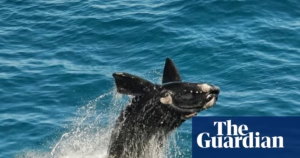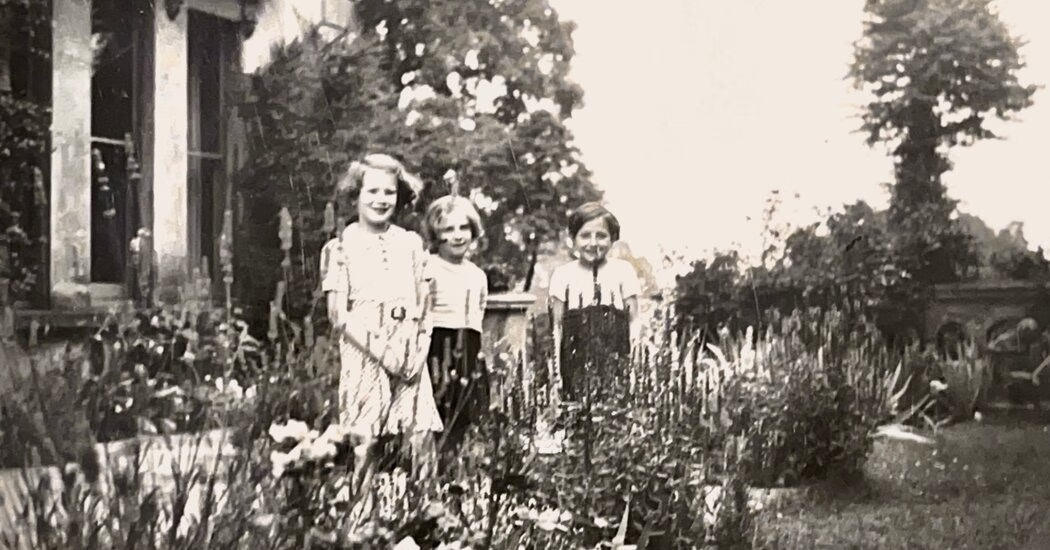In July 1939, 7-year-old Hanna Zack Miley boarded a train in Germany, unaware that her world was about to change forever. She was traveling to Britain without her parents, bidding them farewell on the Cologne train station platform. Miley remembers her parents trying to put a positive spin on the situation to ease her worries, but as she looked back, she saw them crying, realizing this was not a “nice trip”. She never saw them again.
Miley, now 93 and living in Phoenix, Arizona, is one of the approximately 10,000 Jewish children who escaped Nazi Germany for Britain in a mission known as the Kindertransport between December 1938 and September 1939. This history has largely been forgotten, with many details lost over time. However, research conducted in fall 2024 by Amy Williams has revealed a trove of information about the mission, including lists of names and identifying information about the thousands of children and chaperones, tucked away in the archives at Yad Vashem in Israel.
For Miley and other descendants of Kindertransport participants, this discovery has shed light on a previously murky aspect of their family history and provided a sense of connection to others similarly affected. For researchers, the findings offer new insights into the families and organizations involved in the mission.
The majority of the children on the Kindertransport, which was funded by Jewish communities in Germany and Britain, traveled by boat to Harwich, England, before being distributed to foster families. The mission, while praised for rescuing thousands of children, had its complications. British authorities only allowed children to enter without their parents, causing significant trauma for many. Williams’s research also uncovered documents that revealed the rescue mission ended not just because of the start of World War II, but because British refugee organizations decided they could not accommodate more than 10,000 children.
Despite the mission saving lives, many children were traumatized by the experience of separation from their families. However, Miley and other survivors’ descendants feel a deep gratitude to Britain for its role in their survival. For Miley, seeing her name on an official list gave her a sense of belonging among those who shared her experience, including Richard Aronowitz, whose mother was on the same train. The discovery provides a profound context but brings mixed emotions; while some learn about their parents for the first time, others see it as the final, haunting documentation of a family tragedy. Researchers are optimistic that this discovery will provide new insights into the Kindertransport’s organization and the desperate decisions made by parents at the time.
Source: https://www.nytimes.com/2025/03/19/world/europe/kindertransport-holocaust-britain-rescue.html





